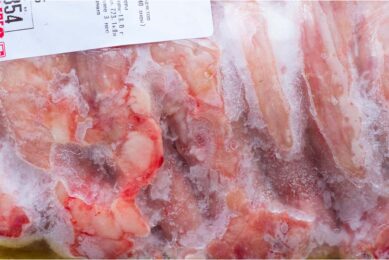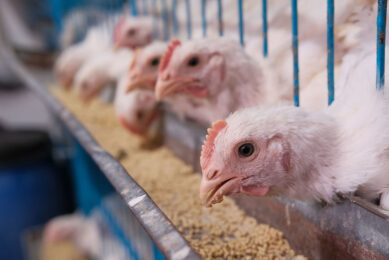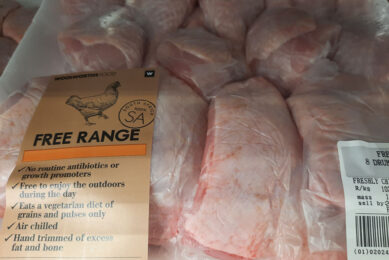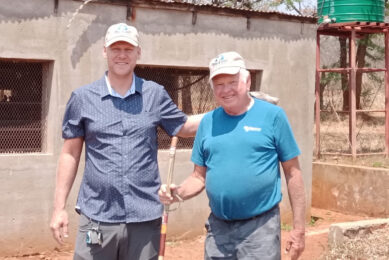Civil unrest unsettles South Africa’s poultry sector
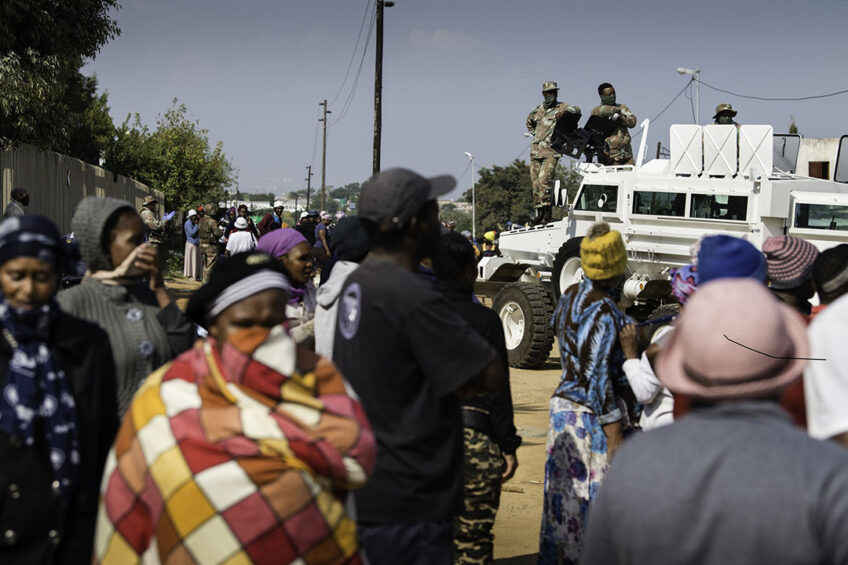
Following civil unrest, which necessitated the deployment of the national army in South Africa, poultry and other livestock farmers have experienced shortages of feed and veterinary supplies, among other disruptions.
Protest action in South Africa, particularly in the province of KwaZulu-Natal, started following the imprisonment of former president Jacob Zuma for contempt of court on 7 July. Rioting, looting and the destruction of public infrastructure and private businesses has resulted.
Invasions and theft of poultry
Whilst the poultry industry grapples with nationwide lockdowns as a result of the Covid-19 pandemic, as well as the impact of highly pathogenic avian influenza, South African Poultry Association’s GM, Izaak Breitenbach, said the industry has been further beset by mobs of thousands of people invading farms, stealing poultry and equipment, and destroying infrastructure. “Numerous cases of arson have been recorded, and threats to burning down large poultry processing plants have been real,” said Breitenbach.
Supply chain disruptions
Supply chains and the transport of poultry products have been severely disrupted with logistics services and distribution centres being forced to close. Retail and fast-food sectors have also been hard hit by the looting of shopping malls and retail stores and the destruction of infrastructure. Furthermore, the storage capacity for frozen poultry products has become limited.
“The biggest issue is the threat to food security developing as our central distribution centres are closed and not taking in anything. We slaughter about 5 million birds a day nationally – about 30% of these in KwaZulu-Natal – and they end up in cold storage, but the stores are getting full,” said Breitenbach.
Farmers forced to euthanise day-old chicks
The ability to move animal feed to poultry farms and other livestock sectors has also been severely disrupted. Furthermore, hatcheries supply about 4 million birds per day nationally, but cannot get them to farms, and day-old poultry stock that could not be moved to farms throughout the country for placement had to be euthanised.
Poultry producers do not have anywhere to go with their animals…
Cut-off from raw materials for feed
Koos Kooy, CEO of De Heus, told Farmer’s Weekly that that feed companies in KwaZulu-Natal had been cut-off from raw materials, such as maize, sunflower and soya bean oilcake, due to the closure of one of the country’s major highways. “[Pig and poultry] producers also do not have anywhere to go with their animals due to the closure of abattoirs.” The industry also had no way of transporting fresh product to markets, while the storage capacity for frozen products had become limited. Breitenbach added: “Storage capacity for frozen product at our members’ operations is limited, with no way of currently accessing frozen outside storage,” Breitenbach added.
Poultry sector master plan
The poultry industry, under the sector’s master plan, had been working to create jobs in an environment of growing unemployment, and transforming the industry to open up opportunities for more emerging farmers to own businesses and farms. Thus far, it said it had invested more than R1 billion towards realising this ambition.




